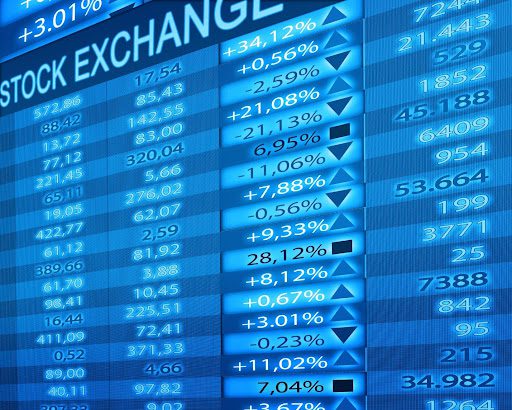The Futures market is a little different from other kinds of markets. They are derivative financial contracts that require parties to buy or sell an asset at a future date and price. As such, it has different options for investment and it can secure prices as well as be sold in function of price. There are several key elements of the futures market to understand before you start to trade.
Before we go any further this article is not financial advice, but rather a guide. If you’re not new to futures, consider this article a refresher. So let’s take a closer look at the futures market and what types of futures are available.
Understand Margin and Leverage
Before we go any further it is important you understand how margin works in conjunction with futures. The key aspect of futures is that they work on leverage and margin. When you take an open position on a futures contract, you’re required to put down a fee to do so. This is required by the broker. The total amount of the contract initially is the leverage. The fee to open the contract is the margin. As such, contracts can be entered into for a lot less than the contract value. However, investors must take into account that leveraged trading is risky because it magnifies -according to the level of leverage used- gains and losses, which can be unlimited.
Types of Futures
There are in essence four types of Futures: They are:
Commodity Futures
When you think of commodities you are thinking about oil, grain, wheat, metals, oil and gas. In essence, we are talking about raw materials that make the world tick.
One advantage to commodity futures is that this type of future can be used to balance price and risk. For example, a farmer enters into a futures contract where he or she sells their produce for a certain price at a certain time.
By doing this, the farmer has protected the price against price falls.
Currency Futures
Here the contract parties agree to buy and sell currencies at a future date. Both parties have protected themselves against price swings and presumably, both will gain from the arrangement. It is not unheard of that both parties agree to close the contracts before the expiration date to their mutual benefit. If you consider that exchange rate swings happen often in the forex world, this price protection is appealing.
Interest Rate Futures
The idea behind interest rate futures is that it protects a business or individual against the ravages of inflation, which is quite prevalent in today’s world. The assets used in interest rate futures are government bonds, bills and other kinds of bond market securities.
Providing the contract is sound, many businesses can hedge against inflation reducing the effects of income hits.
Stock Futures
Stock Futures take two forms:
- Single Stock Future – Similar to the vehicles outlined above, they protect a stock’s future price as they are a hedge against price swings. Investors who want to protect the price of one or a few stocks use future contracts to hedge against price volatility.
- Stock Market Index Futures – Here the underlying asset is the stock index. As indexes are not physical there can be no delivery of the underlying commodity so a cash basis settlement ensues. Unlike the rest of the futures market, traders take either a short or long position on the entire index at the start of the day, and cash settlements are made accordingly at the end of the day depending on how the index fared.
Types of Future Market Traders
In essence, there are two types of traders in the futures market, hedgers and speculators. Let’s explore both:
- Hedgers – Hedgers use the markets to protect against market price volatility. So should a wheat farmer feel that come harvest time the value of wheat will go down, they take out a futures contract for the future wheat price at the current price. Now the farmer has protected the value of his or her future stock. Come the expiration date of the contract, the farmer receives the price of the wheat and can now rebuy it at a lower price.
- Speculators – Investors look to buy contracts at a lower price and sell at a higher price, or if they feel a contract is going into a downturn, sell it. This is very similar to stock market trading.
Get in touch if you want to know more about the futures market.



































